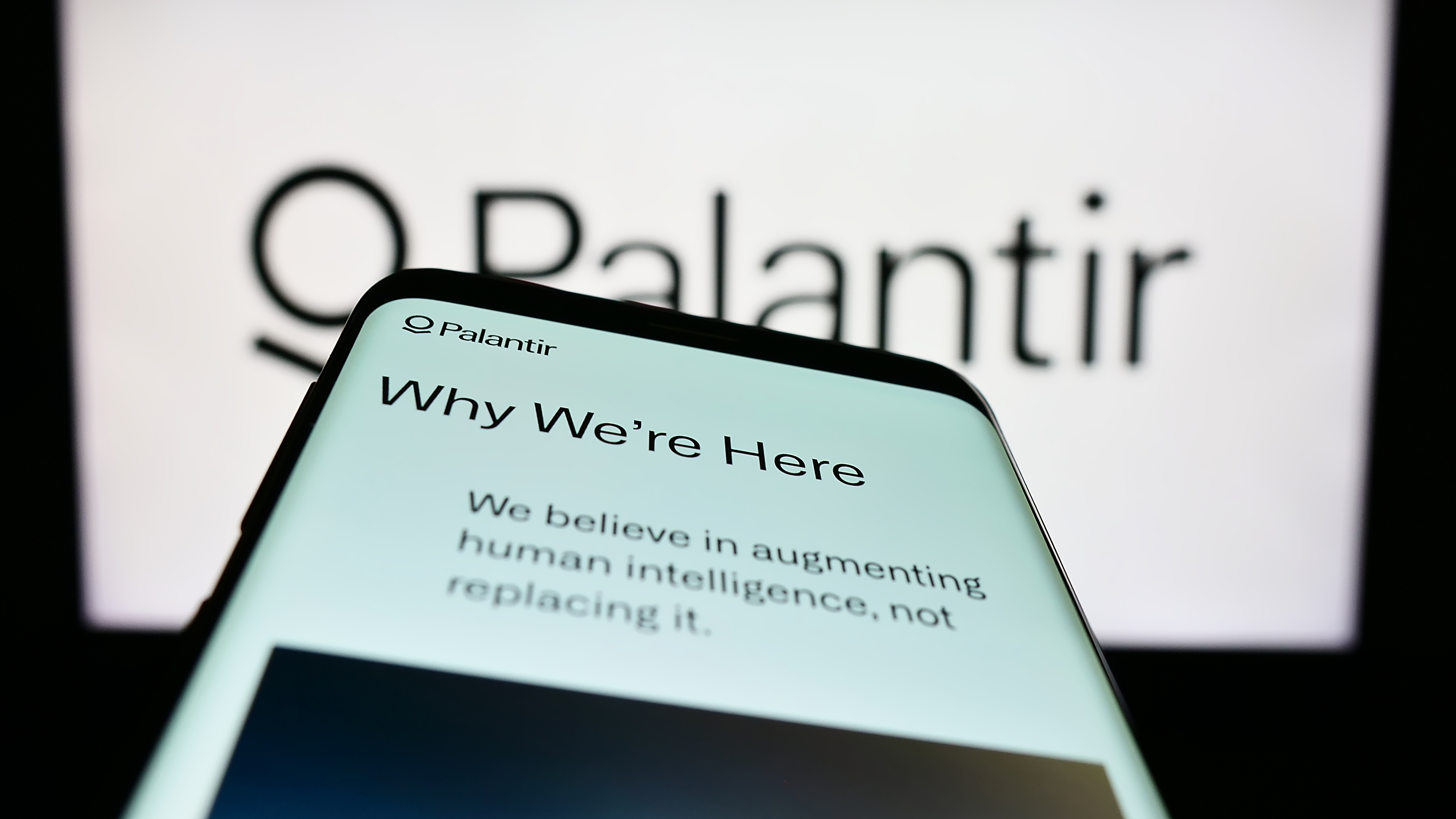Short seller says Palantir stock could fall 75%, AI in a bubble: Is it right?
Short seller Citron Research has dismissed the $US158.74 share price of Palantir (NASDAQ: PLTR) as nonsense and argues a 75% fall to $US40 per share would still leave the market darling overvalued.
Citron reaches its conclusions by arguing that OpenAI - as the undisputed AI king - trades on 16.9 times 2026's estimated sales, assuming a $US500 billion valuation and $US29.6 billion in revenue next year.

If the market were to apply a similarly sporty 17 times forward sales multiple to Palantir, the stock wouldn't even be worth $US40!
This forecast assumes Palantir earns $US5.6 billion in revenue in 2026 and as Citron points out, 17 times sales is a very punchy valuation.
Palantir's adjusted earnings per share (EPS) for the quarter ending June 30 finished at 16 cents based on a quarterly net profit that more than doubled to $US326.7 million.
So if you ballpark assume EPS is flat for the next three quarters, the stock trades on a price-to-earnings multiple of around 246.
Palantir grew net profit 33% in the second quarter to $US326.7 million and said its adjusted EBITDA climbed 47% to $US470.9 million. Revenue grew 48% to $US1 billion.
So, if its profit growth accelerates at scale into the future, the valuation might not prove quite so ridiculous given we know this is a mo-mo market where stocks popular with retail investors can defy gravity for five or 10 years.
Are we in an AI bubble?
Anyone that can remember back to 2021 and the pandemic-era of free money doled out to the public will know there were dozens or hundreds of tech companies (e.g., Okta, Twilio, MongoDB) trading on higher sales multiples than Palantir and also printing massive losses.
That isn't the case in 2025, as the companies trading on crazy sales multiples are mainly also profitable and this is a massive difference to note.
So, this suggests we're nowhere near the scale of 2021's free-money bubble and the market is rightly sensing AI will be a massive tailwind for mega-cap tech in an increasingly concentrated market.
Citron also points out that Palantir's founder Alex Karp is selling shares at a rapid pace. However, it's not a big secret the stock is overvalued and Karp's decision to cash out is hardly a surprise. The trick is to know whether or not Palantir's success continues and the sentiment-driven valuation bubble extends into the future.
In 2021, the founders of software businesses rocketing on free money were also dumping stock head over heels, but at far loopier valuations and those businesses were printing whopping losses.
Finally, Citron suggests investors would be better off in stocks, other than Palantir, linked to advances in productivity or sales as a result of AI.
I'd agree with that and I'm pretty bullish on mega-cap tech (excluding Tesla and Apple) as I think AI will accelerate their business models and profit growth over the next five years.
3 topics
1 stock mentioned
.jpg)
.jpg)